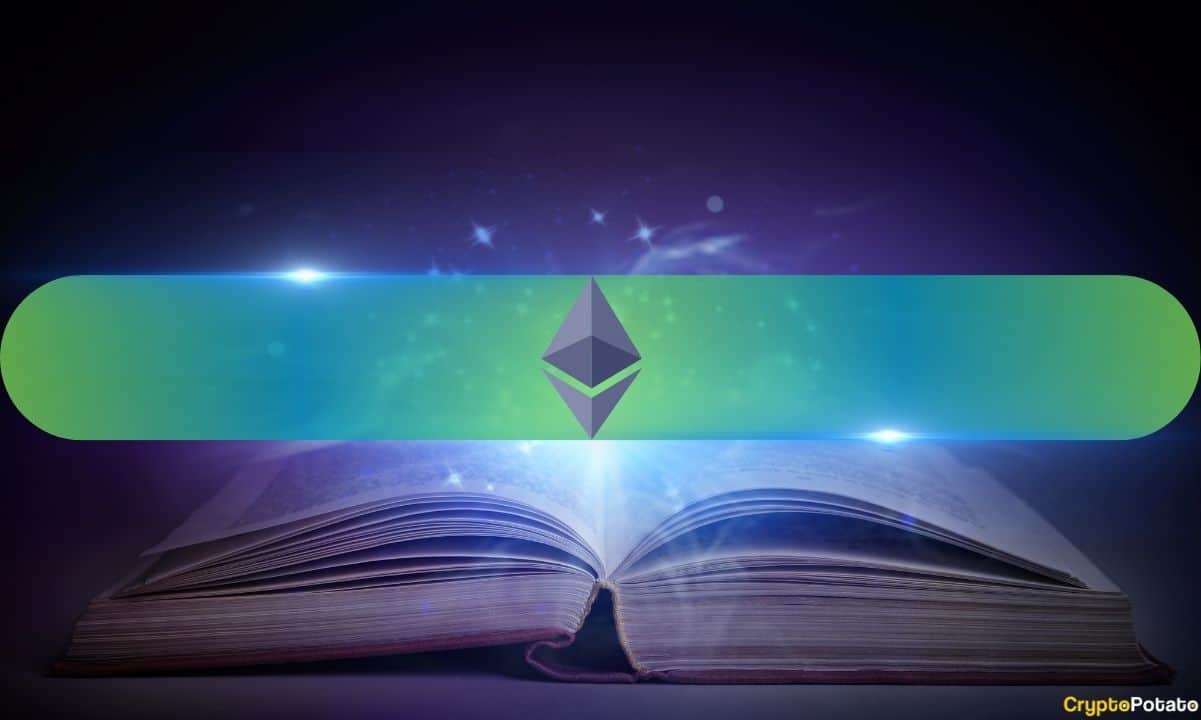A new Ethereum Improvement Proposal, EIP-7781, introduced on October 5, 2024, aims to reduce Ethereum’s block time from 12 seconds to 8 seconds.
The upgrade, introduced by Ben Adams, co-founder of Illyriad Games, could also enhance data capacity and potentially increase network throughput by 50%.
A Major Step for Ethereum’s Future
In an October 6 post on X, a developer pseudonymously known as Cygaar hailed EIP-7781 as the “first huge” step toward improving Ethereum’s L1 performance. They suggested that implementing it could reduce network bottlenecks and improve data capacity.
EIP-7781 is designed to expand the capacity of “blobs,” a temporary data structure that reduces fees on layer-2 (L2) networks.
The proposed changes aim to improve mainnet throughput while evenly distributing bandwidth usage. Some hope this will ultimately reduce peak demands without increasing the number of blocks or blobs to ensure smoother processing and lower latency, particularly for L2s.
Many have expressed support for the improvement proposal. In the GitHub thread, Ethereum Foundation researcher Justin Drake noted that the plan aligns with broader scaling goals laid out by Ethereum co-founder Vitalik Buterin, as well as several other scaling organizations.
Drake said that reducing block time could improve the efficiency of decentralized exchanges (DEXs) like Uniswap v3 by 22%, roughly saving it about $100 million each year in CEX-DEX arbitrage.
Additionally, experts say the upgrade could enhance the user experience for Ethereum smart contracts by reducing confirmation times by 33%. The changes would also distribute peak load times more evenly across more slots, reducing strain during periods of high demand.
Potential Concerns for Solo Stakers
Meanwhile, some developers are concerned about the plan’s impact on solo stakers. According to some of them, shorter block times would necessitate faster execution and more powerful hardware, increasing bandwidth and processing demands. It could pose challenges for individual stakers using consumer-grade hardware.
Responding to Cygaar’s post, Adam Cochran, a partner at Cinnehaim Ventures, described the EIP as “reasonable.” However, he stressed the need for the gas limit for every block to remain the same for it to be feasible for most users.
In addition, the Information Science professor warned that increased demands could hinder Ethereum’s long-term decentralization goals by making it harder for everyday users to act as validators.
